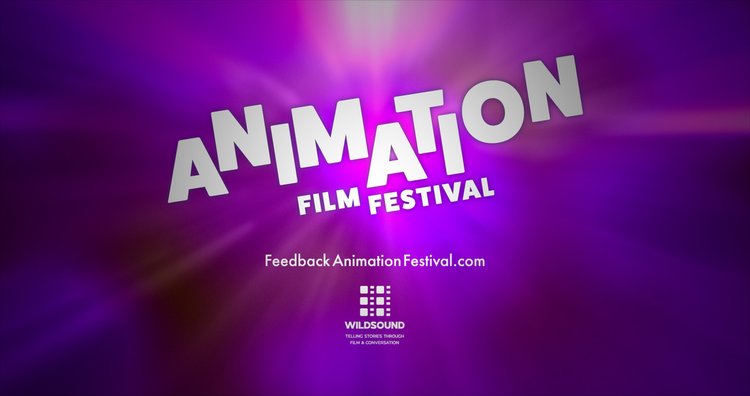_________________________________ This is absolutely true, both for the good and the bad. Who is Van Cliburn? Harvey Lavan "Van" Cliburn Jr. (/ˈklaɪbɜːrn/; July 12, 1934 – February 27, 2013) was an American pianist. At t…  | Dusty April 8 | _________________________________ This is absolutely true, both for the good and the bad. Who is Van Cliburn? Harvey Lavan "Van" Cliburn Jr. (/ˈklaɪbɜːrn/; July 12, 1934 – February 27, 2013) was an American pianist. At the age of 23, Cliburn achieved worldwide recognition when he won the inaugural International Tchaikovsky Competition in Moscow in 1958 during the Cold War. Cliburn's mother, a piano teacher and an accomplished pianist in her own right, discovered him playing at age three, mimicking one of her students, and arranged for him to start taking lessons. Cliburn developed a rich, round tone and a singing-voice-like phrasing, having been taught from the start to sing each piece. Cliburn toured domestically and overseas. He played for royalty, heads of state, and every US president from Harry S. Truman to Barack Obama. The first International Tchaikovsky Competition in 1958 was an event designed to demonstrate Soviet cultural superiority during the Cold War after the USSR's technological victory with the Sputnik launch in October 1957. Cliburn's performance at the competition finale of Tchaikovsky's Piano Concerto No. 1 and Rachmaninoff's Piano Concerto No. 3 on April 13 earned him a standing ovation lasting eight minutes. After the ovation, Van Cliburn made a brief speech in Russian and then resumed his seat at the piano and began to play—to the surprise and delight of the Russian musicians visible behind him in the film made of his part in the competition—his own piano arrangement of the much-beloved song "Moscow Nights", which further endeared him to the Russians. When it was time to announce the winner, the judges felt obliged to ask permission of the Soviet leader Nikita Khrushchev to give the first prize to an American. "Is he the best?" Khrushchev asked. "Yes." "Then give him the prize!" Cliburn was to maintain a lasting relationship with the Soviet leader. Cliburn returned home to a ticker-tape parade in New York City, the only time the honor has been accorded a classical musician. Arriving at City Hall after the parade, Cliburn told the audience: I appreciate more than you will ever know that you are honoring me, but the thing that thrills me the most is that you are honoring classical music. Because I'm only one of many. I'm only a witness and a messenger. Because I believe so much in the beauty, the construction, the architecture invisible, the importance for all generations, for young people to come that it will help their minds, develop their attitudes, and give them values. That is why I'm so grateful that you have honored me in that spirit. A cover story in Time magazine proclaimed him "The Texan Who Conquered Russia". His triumph in Moscow propelled Cliburn to international prominence. Below is an example of his music: 
| | | |

No comments:
Post a Comment